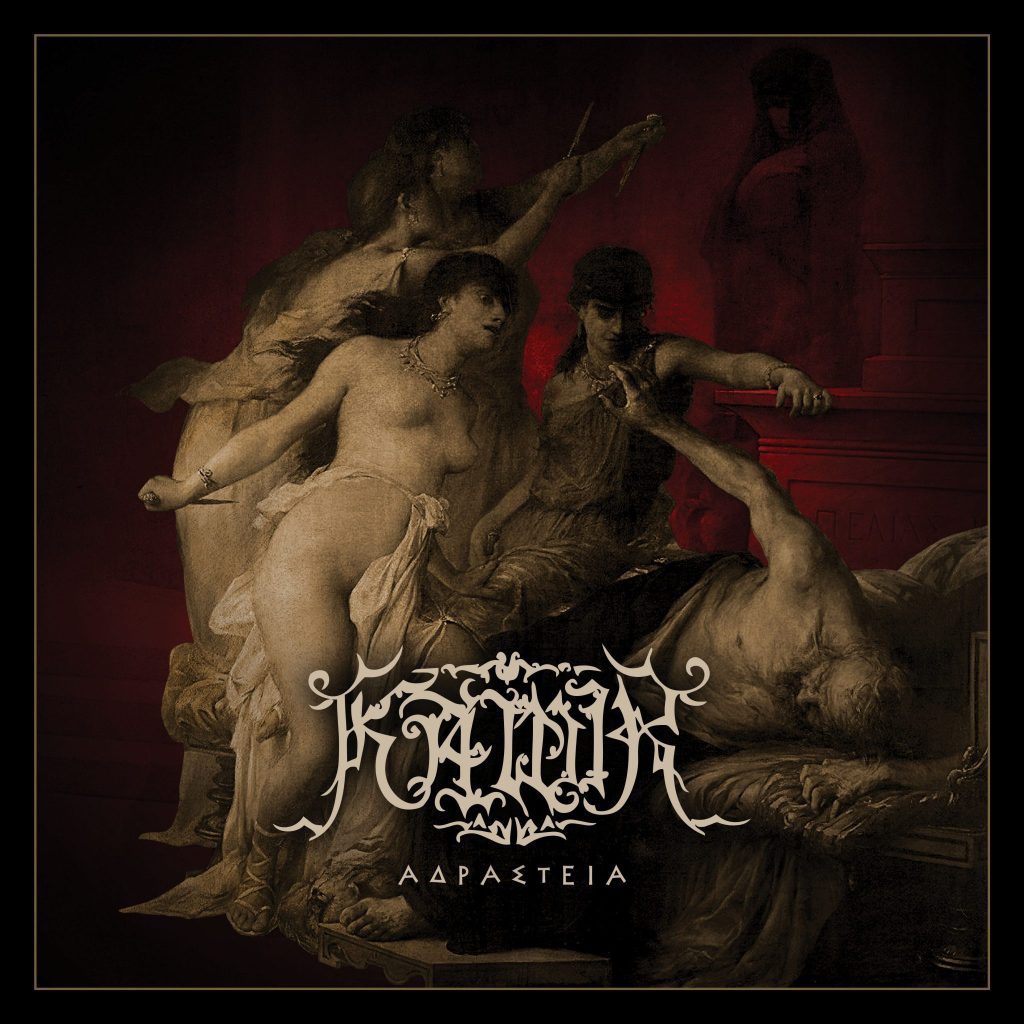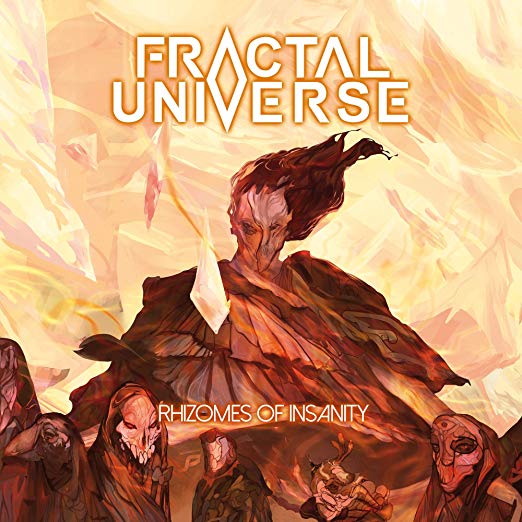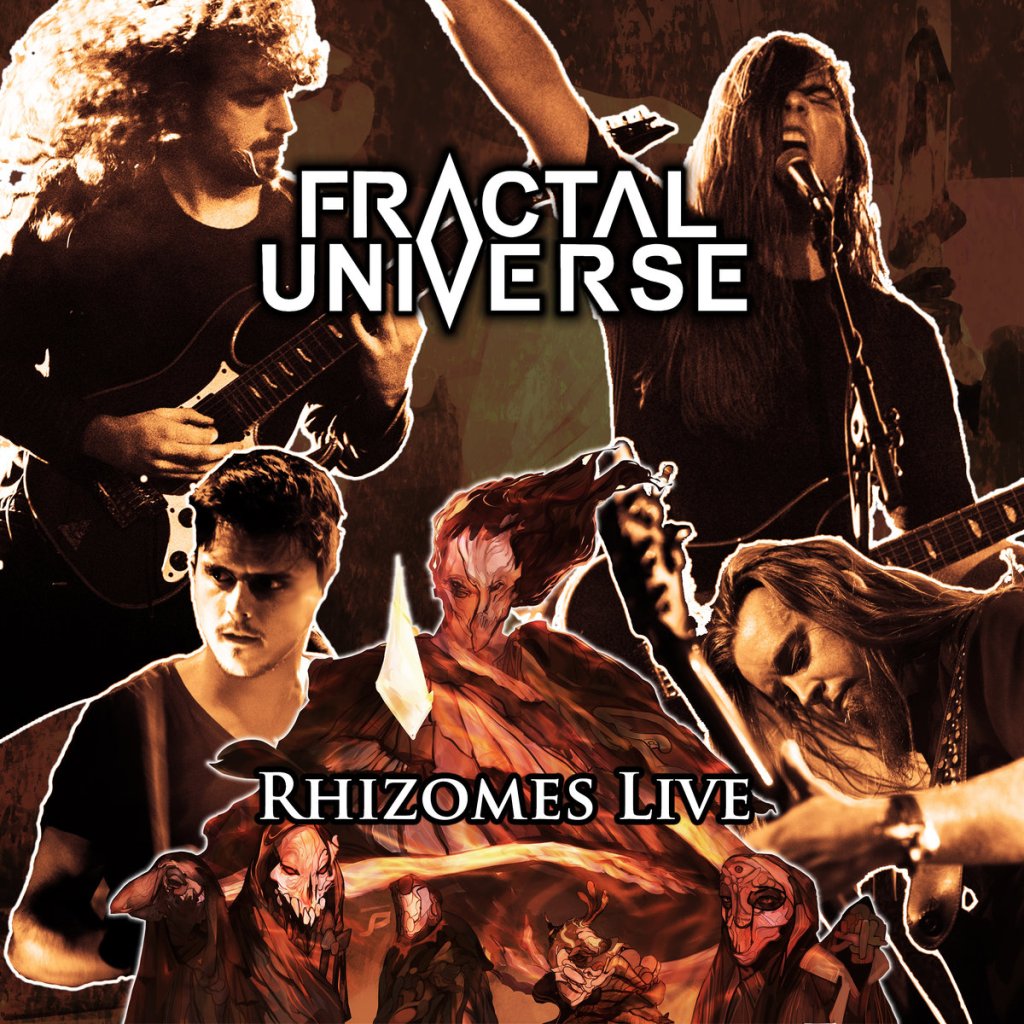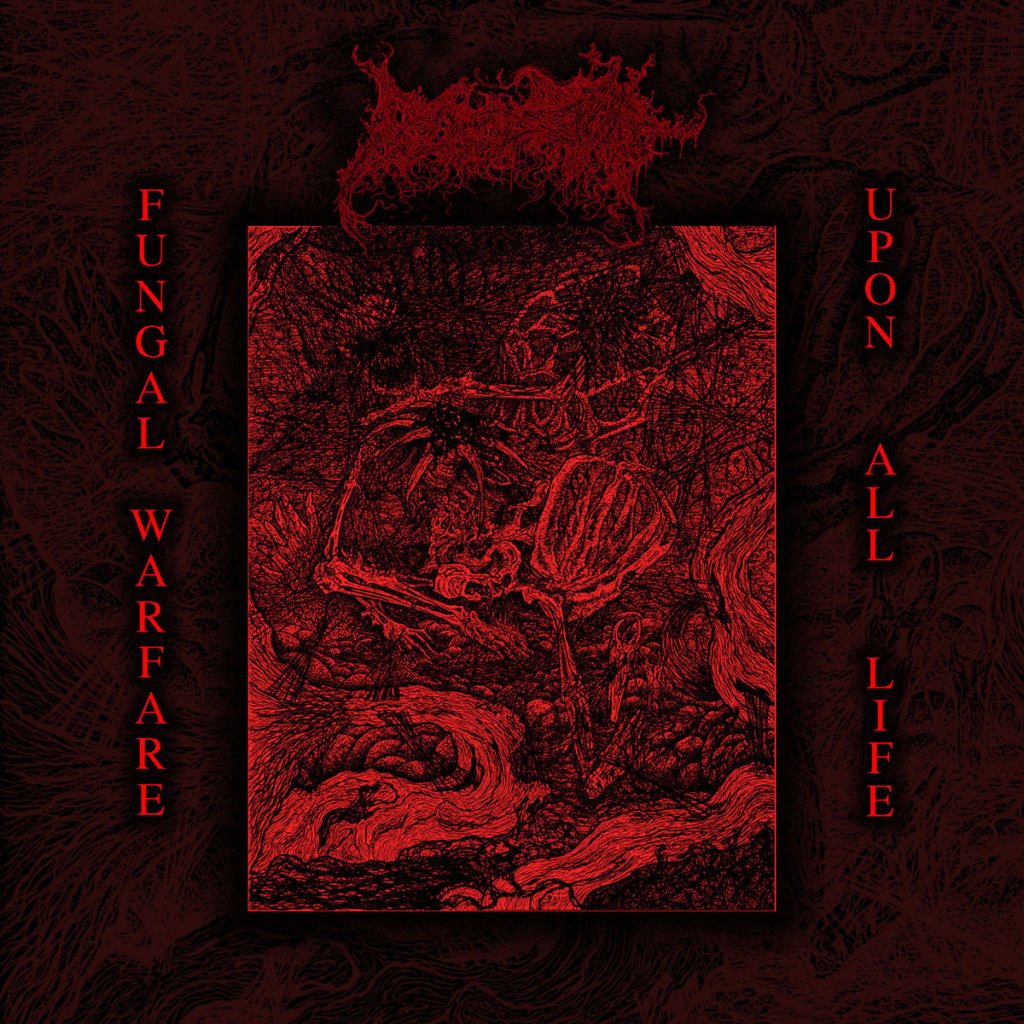
Being of the old elite of foundational Greek Black Metal acts, Kawir are surprisingly adept at navigating the unknowable surf of time. Releasing their first demo 27 years ago, Kawir has been a stronghold of pagan Black Metal for a quarter of a century with no obvious weaknesses in their masonry. Adrasteia, their eighth full-length album concerns itself with a theme that is bafflingly novel within the realm of Black Metal. Named after the goddess of “just retribution”, the album summons female characters from across the pantheon of Greek myth to shine a light on their important role in the mythos. With this move, Kawir find themselves in curious company with artists that have likewise released paeans to female figures in album format lately: Chicagoan songwriter, musician and poet Jamila Woods and the lyricist rapper Rapsody.
The band jumps into these narratives with fiery relish, letting their brazen and ancient sound conjure the perilous straits of Mediterranean waters. The album begins invitingly with a folky introduction, the libations poured before the commencement of the feast. Soon the band is ablaze; riffs hewed from rough marble, vocal shrieks twisted with the knowledge of dark history. Despite its seven-minute runtime, “Tydeus” is more of an introduction than a proper song, leaning a bit more traditional and mid-paced than the furious cuts that make up the rest of the album. Shades of Trad Metal colour the track in familiar Grecian hues, while reminding at times both of Atlantean Kodex and Ensiferum (by way of the introducing chants).
Next is the triple threat of “Atalanti”, “Danaides” and “Limniades”. This stretch of the album is firmly situated within the fiery furnace of Black Metal, though the Pagan and Greek melodicism rears its head more times than not. “Atalanti” features big melodies, a bridge with subtle weirdo energy and an idiosyncratic, scorching guitar solo. “Danaides” is absolutely relentless, pushing into the red without sacrificing an ounce of catchiness. “Limniades” initially feels like a slight re-tread of the previous songs, but a gloriously wistful tremolo lament towards the end manages to push it from solid to great, setting up for a powerful outro. These three songs stand head and shoulders above the rest of the album, being some of the best Metal I’ve yet to hear this year.
What is remarkable about Kawir is just how complete their identity is. Just as the album cover judiciously mixes a few choice elements to create a concise and brilliant whole, the band refuse to clutter their sound with unnecessary additions. The mixture of Black Metal, ancient instrumentation and Trad is so characterful that you forgive the occasional lapse in the memorability of the material. The closer “Medea” suffers from this lack of memorability in parts, but as the screams of “Medea!” are cast across a burning battlefield of immaculately produced instrumentation, you let your shoulders down and invite the narrative to enfold you.
Ending with an orchestral tapestry of bustling guitar lines, my thoughts start to ponder the ability of individual voices to be heard over the deafening din of history. Considering the vast number of stories that failed to break through this din, the burgeoning attempts to correct this imbalance in historical retelling are overdue and awfully welcome. That a Black Metal band would contribute to this groundswell makes for a heartening contrast to the genre’s many peddlers of archaic, xenophobic fallacies. This noble purpose strengthens an album that is already incredibly admirable on a strictly musical level, making for a project I can highly recommend for fans of the extremely heavy metals. A wonderful invocation of some of the richest stories known to man, Kawir lovingly rumples the annals with Adrasteia.
8.0/ 10










